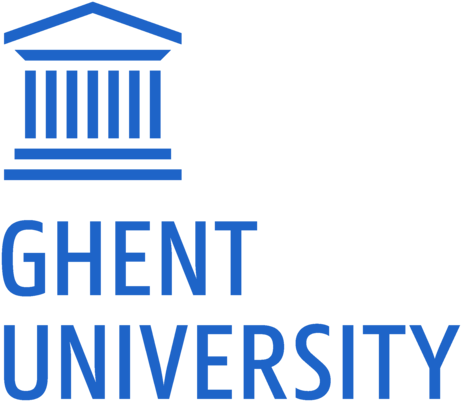The SALOME project
Dynamic Monitoring of Offshore Wind Turbines Subject to Atmospheric Phenomena for Optimised Participation in Electrical Energy and Reserve Markets
With financial support of the Interreg France-Wallonie-Vlaanderen programme | 2024–2028
Project description
The SALOME project aims to develop innovative atmospheric and mechanical models that can represent the environment and structural load to which offshore wind turbines are subjected by exploiting relevant measurement data. These data will be provided in real time by temperature and vibration sensors as well as with strain gauges distributed along optical fibres deployed on the wind turbines at the predefined pilot site in Belgium and/or France. The latter measurements will then be incorporated into the proposed decision-making tool designed to manage the frequency-power balancing (control) of the electricity system at the lowest possible cost. This proposed decision-making tool will enable a dynamic management and a predictive control of offshore wind turbines by incorporating mechanical constraints such as ageing and fatigue to provide auxiliary services to the power grid.
SALOME proposes a novel scientific strategy for dynamic management and predictive maintenance of offshore wind turbines, by taking into consideration all the physical parameters and phenomena impacting offshore wind turbines and their lifespan. As such, SALOME differs from the existing scientific literature and research projects that focus mainly on appropriate optimisation strategies or control mechanism for participation of the wind farms in the electricity market, while neglecting the highly turbulent atmospheric environment and the structural load to which offshore wind turbines are subjected.
The techno-economic analysis foreseen in the project will quantify the (financial and technical) benefits of a predictive control and a dynamic management of offshore wind turbines to provide safe and reliable electrical energy. In particular, such an analysis will help the wind farm operators/owners as well as the maintenance companies to optimise the operation and management costs of the future offshore wind turbines in the North Sea.
In order to achieve the aforementioned objectives of the project, a cross-border collaboration is required, combining the expertise and know-how present in the three implied regions, in the field of distributed and quasi-distributed fibre optic sensors (University of Mons and Multitel Research Centre, Belgium), modelling of the maritime atmospheric environment and fluid mechanics (Université du Littoral Côte d'Opale, France), offshore wind turbine control (Ghent University, Belgium) and decision-making in electricity markets (University of Mons, Belgium).
Consortium
Partners
University of Mons (UMons, BE), project leader
University of the Littoral Opal Coast – Université du Littoral Côte d'Opale (ULCO, FR)
Ghent University (BE)
Multitel Innovation Centre (BE)
Associated Partners
Main role of Ghent University
In this project, the Energy & Systems Lab (EnSy) of Ghent University will investigate different control strategies for providing grid support services for frequency control, including very fast inertial response. These control strategies change the electrical power supplied and can lead to rapid changes in mechanical loads and torques, which can have a significant impact on the life of certain components such as bearings and on maintenance. However, these grid support services can be provided in different ways. Various alternatives and their impact on lifespan and maintenance will be investigated. Historical data and measurements will be used for this. In addition, certain mechanical systems can cause fluctuations in electrical power, which in turn has an influence on the electrical energy grid. Damping out or compensating these fluctuations through the control of the wind turbine system will also be investigated.
In short, EnSy aims to conduct multidisciplinary research into the interaction between electrical energy production (and its control) and mechanical aspects such as fatigue, lifespan and maintenance.
Duration
The project runs for 48 months from 1 July 2024.More information
- SALOME project website
- SALOME LinkedIn page
- Contact person for Ghent University: Lieven Vandevelde —






